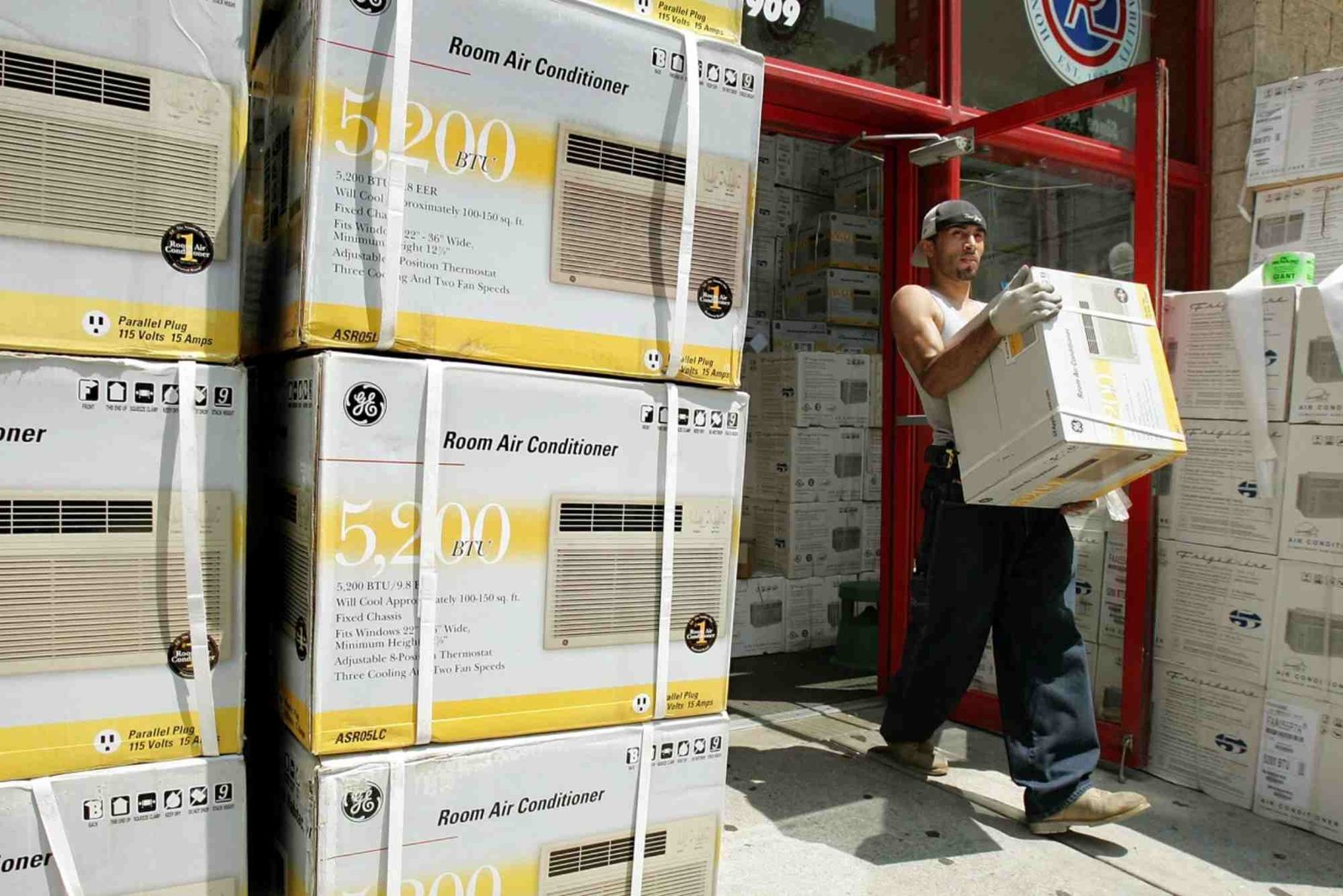In today’s global economy, businesses often operate across multiple jurisdictions. With increasing international trade, multinational investments, and cross-border financing, insolvency is no longer a local issue—it has become a complex, global matter. When a company becomes insolvent but has assets, creditors, or operations in more than one country, cross-border insolvency arises. This brings legal challenges that require deep knowledge of multiple legal systems, cooperation between courts, and careful management of creditors’ rights across borders.
Dubai, as a major international business hub, frequently encounters such cases. This leads to an essential question: What is the role of advocates in Dubai in cross-border insolvency cases?
The answer: Dubai lawyers play a critical role in managing and resolving cross-border insolvency issues. They advise stakeholders on insolvency proceedings, represent debtors and creditors, facilitate cooperation between foreign and UAE courts, assist with asset tracing and recovery, and guide businesses through the legal complexities of restructuring or liquidation involving multiple jurisdictions.
In this article, we’ll explore the legal framework for cross-border insolvency in the UAE, the specific functions of lawyers in Dubai, and how their expertise helps businesses and individuals navigate one of the most challenging areas of international law.
What Is Cross-Border Insolvency?
Cross-border insolvency refers to a situation where
- A debtor has assets or creditors in more than one country
- Insolvency proceedings are initiated in multiple jurisdictions
- Courts in different countries must coordinate to manage the debtor’s estate
- Creditors from other countries seek recognition and enforcement of judgments
This can occur when a company headquartered in one country has subsidiaries, assets, or financial obligations in another. When insolvency strikes, managing the legal process across borders becomes a significant legal and procedural challenge.
Legal Framework for Insolvency in Dubai
To understand the role of Dubai lawyers in cross-border insolvency, it’s important to examine the applicable laws and jurisdictions within Dubai:
1. UAE Federal Bankruptcy Law (Federal Decree-Law No. 9 of 2016, amended by Law No. 21 of 2020)
This law applies across the UAE and provides a modern insolvency framework for:
- Preventive composition (settlement before formal insolvency)
- Formal bankruptcy proceedings
- Court-appointed trustees
- Liquidation of assets
While primarily domestic in scope, the law contains mechanisms for international cooperation and recognition of foreign judgments under certain conditions.
2. Dubai International Financial Centre (DIFC) Insolvency Law (DIFC Law No. 1 of 2019)
The DIFC, a financial free zone within Dubai, has its own common law-based legal system. Its insolvency law includes explicit provisions for cross-border insolvency, inspired by the UNCITRAL Model Law.
The DIFC courts can recognize foreign insolvency proceedings and cooperate with foreign courts and insolvency practitioners. This makes the DIFC particularly attractive for multinational companies and foreign creditors.
Role of Dubai Lawyers in Cross-Border Insolvency Cases
The complexity of cross-border insolvency requires legal professionals with specialized knowledge and international capabilities. Here’s how advocates in Dubai play a pivotal role:
1. Advising Debtors on Multi-Jurisdictional Risk
When a company based in Dubai operates internationally and faces financial distress, Dubai lawyers assess the exposure across all jurisdictions. They provide guidance on:
- Whether to file for bankruptcy in the UAE or another jurisdiction
- How UAE proceedings will affect foreign creditors and vice versa
- Risk to assets held abroad
- The impact of foreign insolvency actions on UAE operations
They help businesses choose the most strategic jurisdiction for initiating insolvency or restructuring.
2. Representing Foreign Creditors in the UAE
When a company in Dubai becomes insolvent, foreign creditors may seek to recover debts through UAE courts. Lawyers in Dubai assist these creditors by:
- Filing claims in UAE insolvency proceedings
- Ensuring that their rights are protected under UAE bankruptcy law
- Challenging preferences or fraudulent transfers
- Seeking recognition of foreign judgments or insolvency orders
Dubai lawyers also represent creditor committees and participate in negotiations for repayment plans or liquidation preferences.
3. Recognition and Enforcement of Foreign Insolvency Judgments
If a debtor is subject to insolvency proceedings in another country, parties may need the UAE courts to recognize and enforce foreign rulings. This is particularly relevant when:
- A foreign trustee seeks control over Dubai-based assets
- A foreign liquidation or restructuring order affects Dubai subsidiaries
- Creditors need UAE courts to freeze assets or support recovery
Dubai lawyers handle the complex process of cross-border recognition, which involves
- Assessing treaty obligations (e.g., bilateral enforcement treaties)
- Arguing for reciprocity
- Presenting foreign court judgments for enforcement under UAE Civil Procedure Law or DIFC laws
4. Coordinating with Foreign Counsel and Courts
Cross-border insolvency often requires collaboration between lawyers and courts in multiple jurisdictions. Dubai lawyers coordinate with
- Foreign legal teams handling parallel insolvency proceedings
- Trustees, administrators, or liquidators abroad
- International arbitration or mediation centers
They help manage conflicts of laws, forum shopping, and jurisdictional disputes, ensuring that proceedings are synchronized and legally effective.
5. Restructuring and Preventive Composition Plans
Under UAE law, businesses facing insolvency may propose a preventive composition plan to avoid liquidation. This plan can involve
- Rescheduling debt
- Asset sales
- Equity restructuring
- Operational overhauls
Dubai lawyers play a key role in
- Drafting and submitting composition proposals
- Negotiating with domestic and international creditors
- Securing court approval
- Ensuring compliance with cross-border contractual obligations
This process is often used to save companies with valuable international operations or partnerships.
6. Asset Tracing and Recovery
When a debtor has hidden or moved assets across borders, Dubai lawyers assist in
- Investigating offshore accounts, subsidiaries, or trusts
- Working with international forensic accountants
- Applying for injunctions or freezing orders
- Enforcing asset recovery through civil or criminal proceedings
They also advise on fraud-related issues, such as fraudulent conveyance, asset stripping, and insolvency misrepresentation.
7. Dispute Resolution and Litigation
Cross-border insolvency may involve litigation in Dubai or abroad regarding
- Disputed claims
- Shareholder rights
- Breach of fiduciary duties
- Cross-border contracts
Lawyers in Dubai represent clients before UAE courts, the DIFC courts, or arbitration panels (such as DIAC or DIFC-LCIA). They also enforce arbitration awards that arise from insolvency-related disputes.
DIFC and Cross-Border Insolvency
The DIFC offers one of the most advanced legal environments for handling cross-border insolvency cases. The DIFC Courts have
- Recognized and implemented foreign insolvency proceedings (including UK and U.S. judgments)
- Adopted principles similar to the UNCITRAL Model Law
- Established cooperation protocols with international courts
- Provided flexible remedies for restructuring foreign companies with UAE assets
Dubai lawyers practicing in the DIFC regularly leverage this jurisdiction for clients requiring a globally harmonized insolvency solution.
Real-World Scenarios Involving Dubai Lawyers in Cross-Border Insolvency
Let’s explore how this plays out in real cases:
Scenario 1: UAE-Based Company with U.K. Creditors
A UAE-based company defaults on debts owed to U.K. suppliers. The creditors initiate proceedings in the U.K., but the debtor’s assets are in Dubai. Dubai lawyers are hired to:
- Prevent dissipation of local assets
- Represent creditors in local bankruptcy claims
- Enforce U.K. court orders in the UAE
Scenario 2: Multinational Retailer Files for Insolvency Abroad
A global retail brand files for insolvency in its home country while operating stores in Dubai. Its local creditors and landlords are uncertain about their rights. Lawyers in Dubai advise on:
- Whether the foreign bankruptcy order is enforceable in the UAE
- How to claim unpaid rents
- What remedies are available under UAE bankruptcy law
Scenario 3: Corporate Group Restructuring
A holding company with subsidiaries in Dubai, Singapore, and the U.S. undergoes a group-wide restructuring. Dubai lawyers coordinate:
- Local legal compliance with the UAE Bankruptcy Law
- DIFC Court filings for cross-border recognition
- Debt renegotiation with UAE banks and suppliers
Challenges in Cross-Border Insolvency
While Dubai lawyers are increasingly adept at managing international insolvency, challenges remain:
- No explicit adoption of UNCITRAL Model Law under UAE federal law (though the DIFC applies it in principle)
- Jurisdictional conflicts between UAE mainland and foreign courts
- Reciprocity requirement for enforcement of foreign judgments
- Complex documentation and translation requirements
- Delays in cross-border cooperation without established protocols
These challenges require specialized legal expertise and strategic coordination—precisely where advocates in Dubai prove essential.
So, what is the role of advocates in Dubai in cross-border insolvency cases? The role is both comprehensive and indispensable.
From advising distressed businesses to representing international creditors, from enforcing foreign judgments to coordinating multi-jurisdictional restructurings, Dubai lawyers are at the forefront of cross-border insolvency practice. Their understanding of UAE bankruptcy law, international treaties, and procedural law across jurisdictions ensures that stakeholders can navigate even the most complex insolvency scenarios with confidence.As global business ties grow and cross-border transactions become more common, the role of lawyers in Dubai will only continue to expand in significance—making them key players in the world of international insolvency and financial restructuring.












